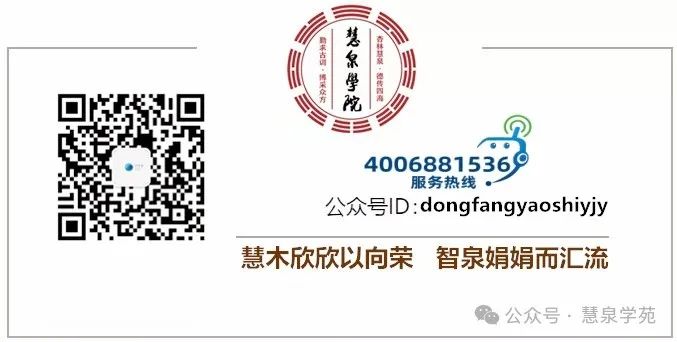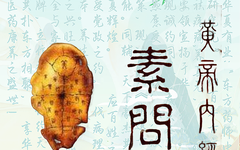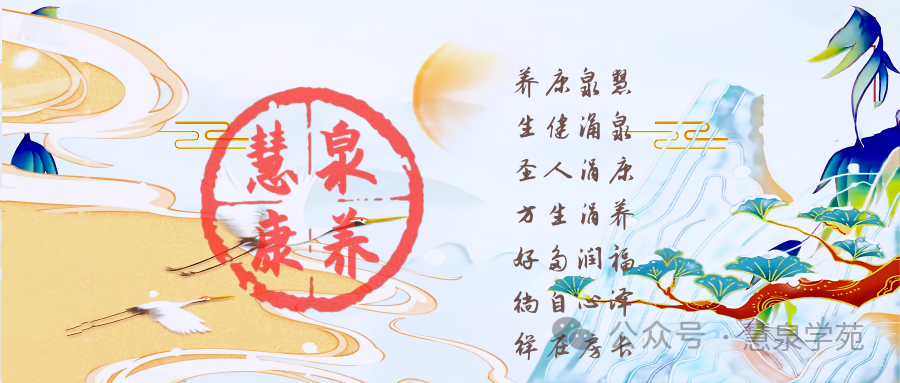 The Huangdi Neijing (Yellow Emperor’s Inner Canon) is a classic work of ancient Chinese medicine, containing much wisdom regarding health preservation, disease prevention, and treatment.
The Huangdi Neijing (Yellow Emperor’s Inner Canon) is a classic work of ancient Chinese medicine, containing much wisdom regarding health preservation, disease prevention, and treatment.
1. Tian Tan Xu Wu (Calm and Empty, True Qi Follows),
Jing Shen Nei Shou (Guarding the Spirit Within), where does illness come from?
——Huangdi Neijing, Suwen, Shanggu Tianzhen Lun
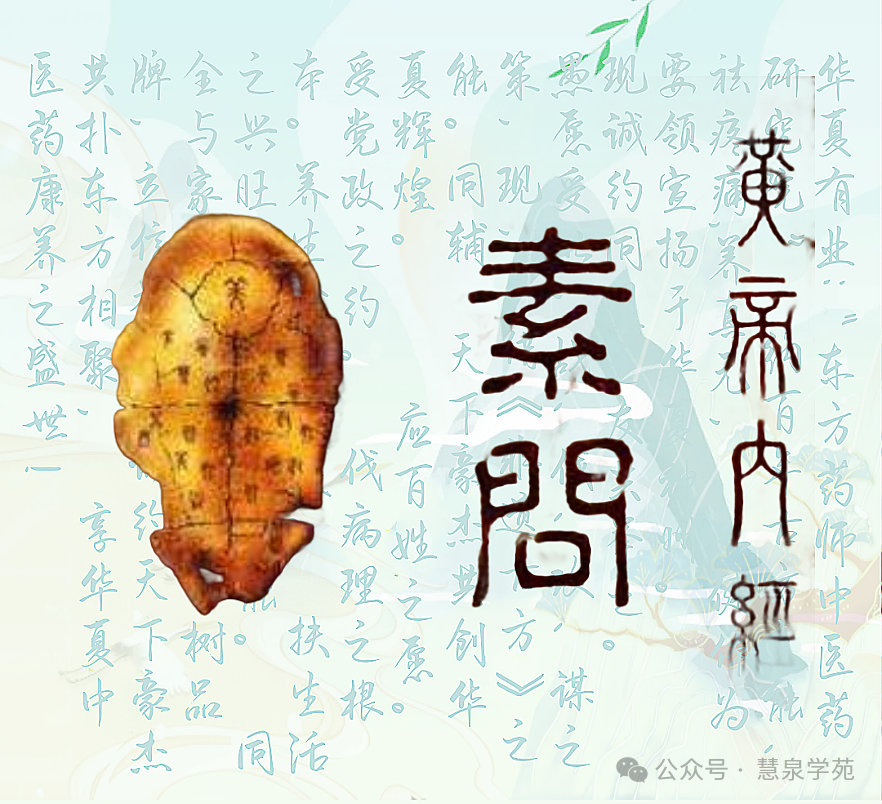
A simple and unadorned life, a peaceful and tranquil mind, free from distractions, allows the true qi (vital energy) within the body to flow smoothly, promoting health and making disease difficult to occur.
In the face of a complex life, it is challenging to simplify material desires and reduce cravings.
People often develop a stronger desire for material enjoyment due to comparisons with others.
Seeing others living in large houses, driving luxury cars, while feeling inadequate can lead to feelings of imbalance, disappointment, and even depression, irritability, and low spirits, which can lead to illness.
If one can face life with a calm heart, the intense desires and distractions will diminish, leading to a more relaxed and open mind, resulting in a peaceful spirit and better health.
The cultivation of a calm and peaceful heart is not achieved overnight but is developed gradually over time.
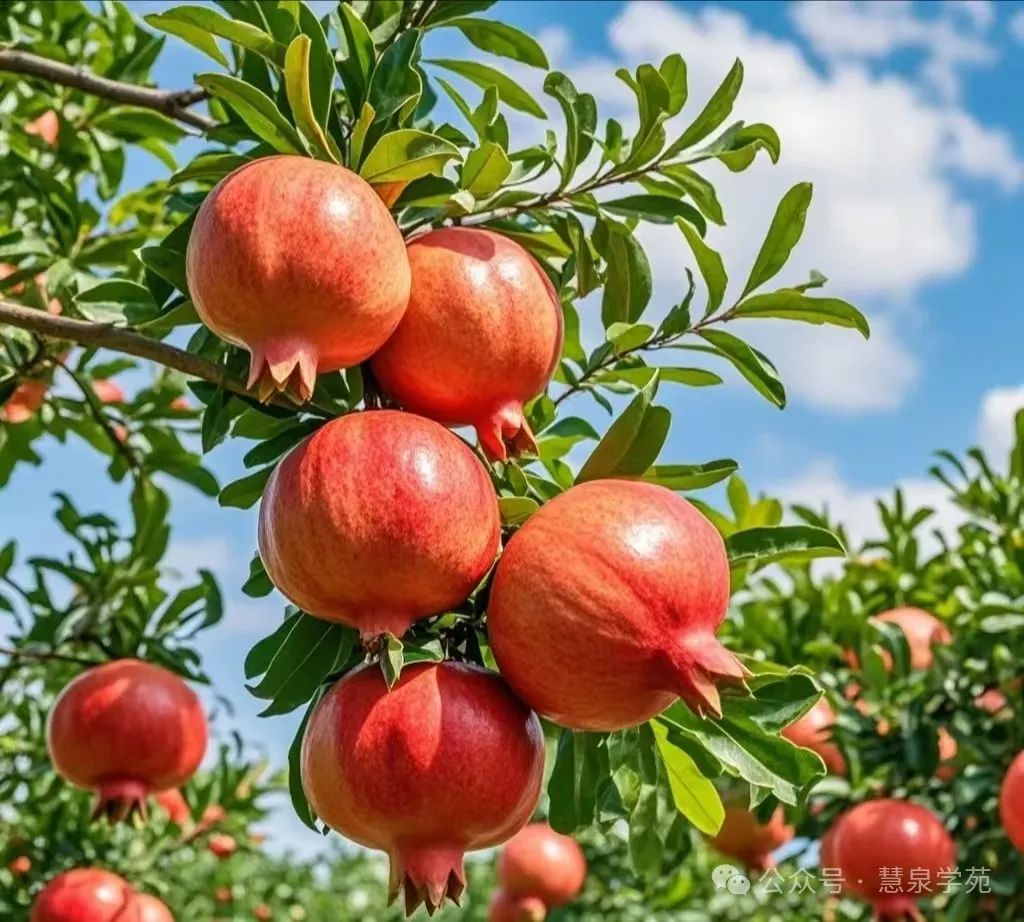
2. Yin You Jie (Moderate Drinking), Qi Ju You Chang (Regular Living), do not overwork.
——Huangdi Neijing, Suwen, Shanggu Tianzhen Lun
Diet should be reasonable and moderate, and daily routines should be regular, avoiding excessive fatigue to prevent harm to the body.
This reminds people to maintain regular eating and sleeping habits, focusing on balancing work and rest to avoid discomfort caused by overexertion, which can affect normal life, work, and study.
In the fast-paced modern life, the physical and mental stress is significant, making it even more important to focus on healthy lifestyles and habits, emphasizing health preservation, maintaining balance, and promoting mental well-being.
3. Ni Qi Gen Ze Fa Qi Ben (Reverse its Roots and Cut its Base), Huai Qi Zhen Yi (Harm its True Essence).
——Huangdi Neijing, Suwen, Siqi Tiao Shen Dalu
Violating the fundamental laws of life and nature will damage the essence of life and true yuan, which is the vitality and health of a person.
This statement tells us that if we go against the natural laws and fundamental principles of health preservation, we will harm the foundation of life and damage health and vitality.
No matter how busy daily life and work may be, one should follow the natural laws and seasonal changes, adjusting diet and rest accordingly to achieve health preservation.
Conversely, acting against natural laws will negatively impact health.
4. Chun Xia Yang Yang (Spring and Summer Nourish Yang), Qiu Dong Yang Yin (Autumn and Winter Nourish Yin).
——Huangdi Neijing, Suwen, Siqi Tiao Shen Dalu
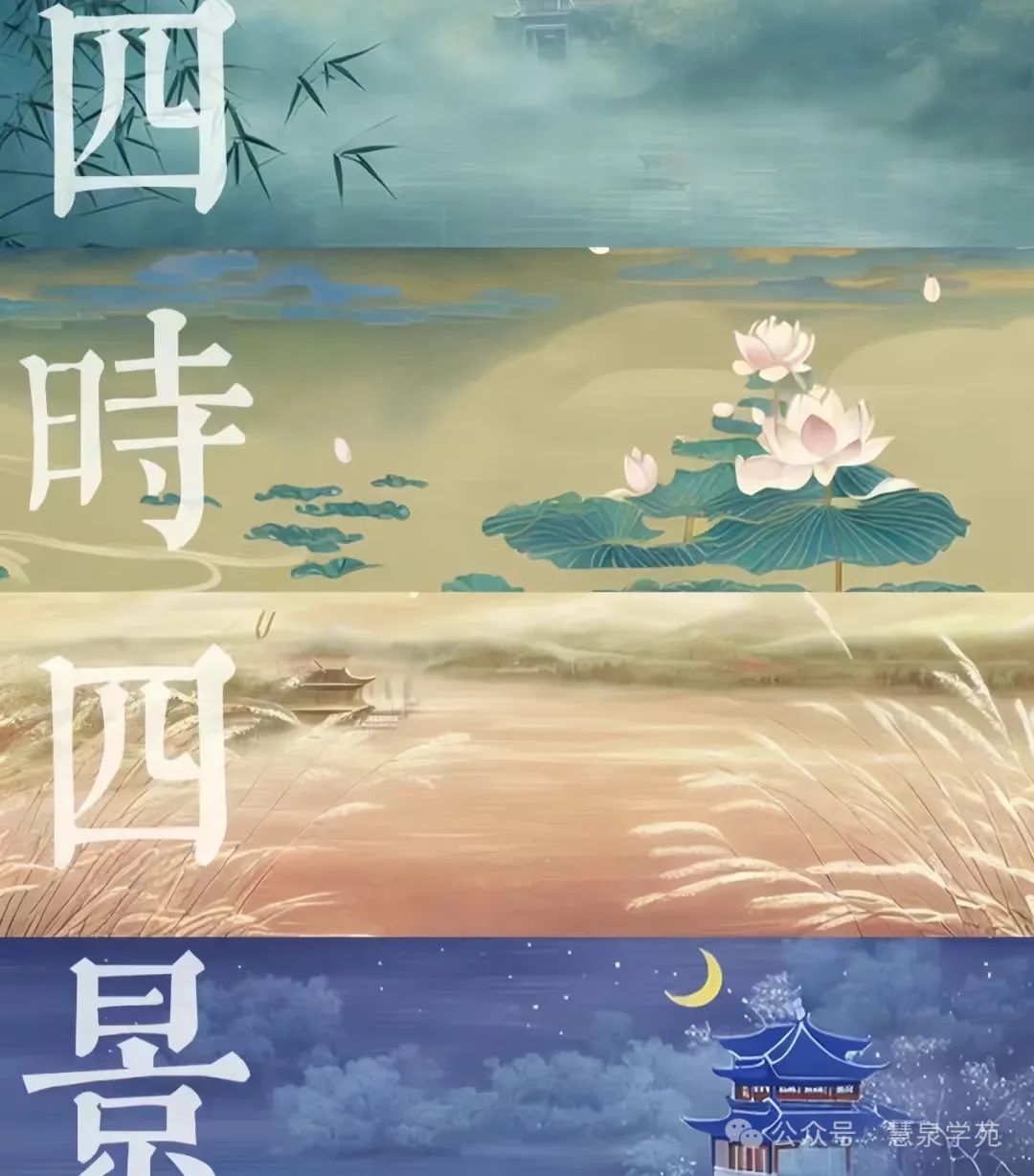
Spring and summer are periods of yang energy growth and abundance, and appropriate nurturing is needed to protect the body’s yang. Autumn and winter are periods of yin energy contraction and storage, requiring nurturing to protect the body’s yin.
“Spring and Summer Nourish Yang, Autumn and Winter Nourish Yin” is an important principle in TCM health preservation, emphasizing that one should align with the yin-yang changes in nature and adjust lifestyle habits to maintain the balance of yin and yang in the body.
During spring and summer, when yang energy is abundant, one should supplement yang energy through appropriate exercise, a balanced diet, and a positive mindset to promote the rise and circulation of yang energy.
For example, appropriate outdoor activities can enhance blood circulation and qi-blood flow, helping the body absorb the yang energy from nature.
Additionally, one should avoid excessive cold foods to prevent damage to the spleen and stomach, which can affect the rise of yang energy.
Moreover, maintaining a cheerful mood and avoiding anger that harms the liver is also crucial for nourishing yang in spring and summer.
In contrast, during autumn and winter, as yin energy increases and all things store, the body should focus on nourishing yin. This includes ensuring adequate sleep, avoiding excessive fatigue and emotional fluctuations, and consuming foods that nourish yin and moisten dryness, such as pears, sesame, and honey, to nourish the body’s yin fluids.
In summary, the principle of “Spring and Summer Nourish Yang, Autumn and Winter Nourish Yin” requires us to adjust our lifestyle habits according to seasonal changes to achieve health and disease prevention.
5. Xi Shang Xin (Joy Harms the Heart), Ke Sheng Xi (Fear Surpasses Joy); Nu Shang Gan (Anger Harms the Liver), Bei Sheng Nu (Sadness Surpasses Anger).
——Huangdi Neijing, Suwen, Yinyang Yingxiang Dalu
Excessive joy can damage heart qi, while fear can suppress excessive joy; anger can harm the liver, while sadness can suppress anger.
In TCM theory, the five organs correspond to five emotions: the heart corresponds to joy, the liver to anger, the spleen to thought, the lungs to worry, and the kidneys to fear.
Each emotion’s excessive expression can lead to dysfunction of the corresponding organ.
For example, excessive joy may lead to scattered heart qi, manifesting as palpitations and insomnia; excessive anger may cause liver qi to rise, potentially resulting in dizziness and red eyes, symptoms of liver fire.
TCM uses the theory of emotional regulation to adjust emotions for therapeutic purposes.
In conclusion, emotions significantly impact health, so we should moderate our emotions in daily life, maintaining a calm and peaceful mindset to benefit our physical and mental health.
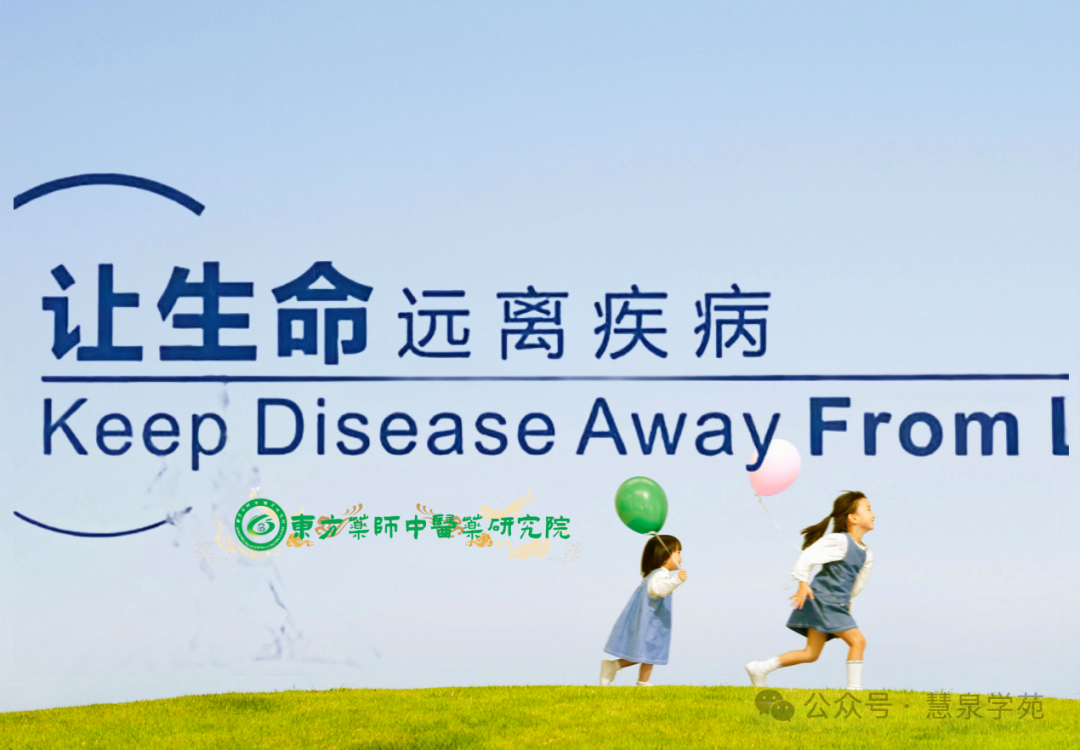
6. Xing Bu Zu Zhe (Those with Insufficient Form), Wen Zhi Yi Qi (Warm with Qi); Jing Bu Zu Zhe (Those with Insufficient Essence), Bu Zhi Yi Wei (Supplement with Flavor).
——Huangdi Neijing
Those with weak bodies should warm yang and tonify qi; those with insufficient essence should supplement with rich foods.
This theory reflects the TCM principle of syndrome differentiation and treatment, which means choosing appropriate treatment methods based on the patient’s specific symptoms and physical constitution.
By tonifying qi and essence, patients can restore the balance of qi and blood, promoting health.
7. Zhi Xian Er Shao Yu (Desires are Few), Xin An Er Bu Ju (Heart is at Peace and Not Afraid), Xing Lao Er Bu Juan (Body is Tired but Not Weary), Qi Cong Yi Shun (Qi Flows Smoothly), Ge Cong Qi Yu (Everyone Gets What They Desire).
——Huangdi Neijing
With a relaxed mind and few desires, a peaceful heart without fear, a body that is tired but not fatigued, thus true qi flows smoothly, and everyone can fulfill their wishes.
This statement emphasizes that one should maintain a peaceful and tranquil mindset, reduce personal desires and greed, keep the mind calm without fear, and allow the body to work appropriately without feeling exhausted, so that qi and blood flow smoothly.
Everyone has their own wishes and needs; if they can live according to their desires and needs, they will feel satisfied and experience happiness.
These principles highlight the close relationship between mindset, lifestyle, and physical health, and how adjusting one’s lifestyle can achieve health preservation and disease prevention.
Copyright Statement: We emphasize sharing; the images and text are sourced from the internet, and the copyright belongs to the original author. If there is any infringement, please inform us, and we will promptly delete and apologize.
Click the text below to learn more exciting content:
Fermented Chinese Medicine - A New Chapter in Inheriting Chinese Medicine Culture
Promoting Traditional Chinese Medicine Culture, Benefiting People's Health - Intangible Cultural Heritage - Non-Heritage Baicao Tongluo
Non-Heritage Baicao Tongluo: Usage, Applicable Population, and Precautions
What are the advantages of Non-Heritage Baicao Tongluo compared to massage, moxibustion, and cupping?
Brief Analysis: Eastern Pharmacist Exercise Therapy